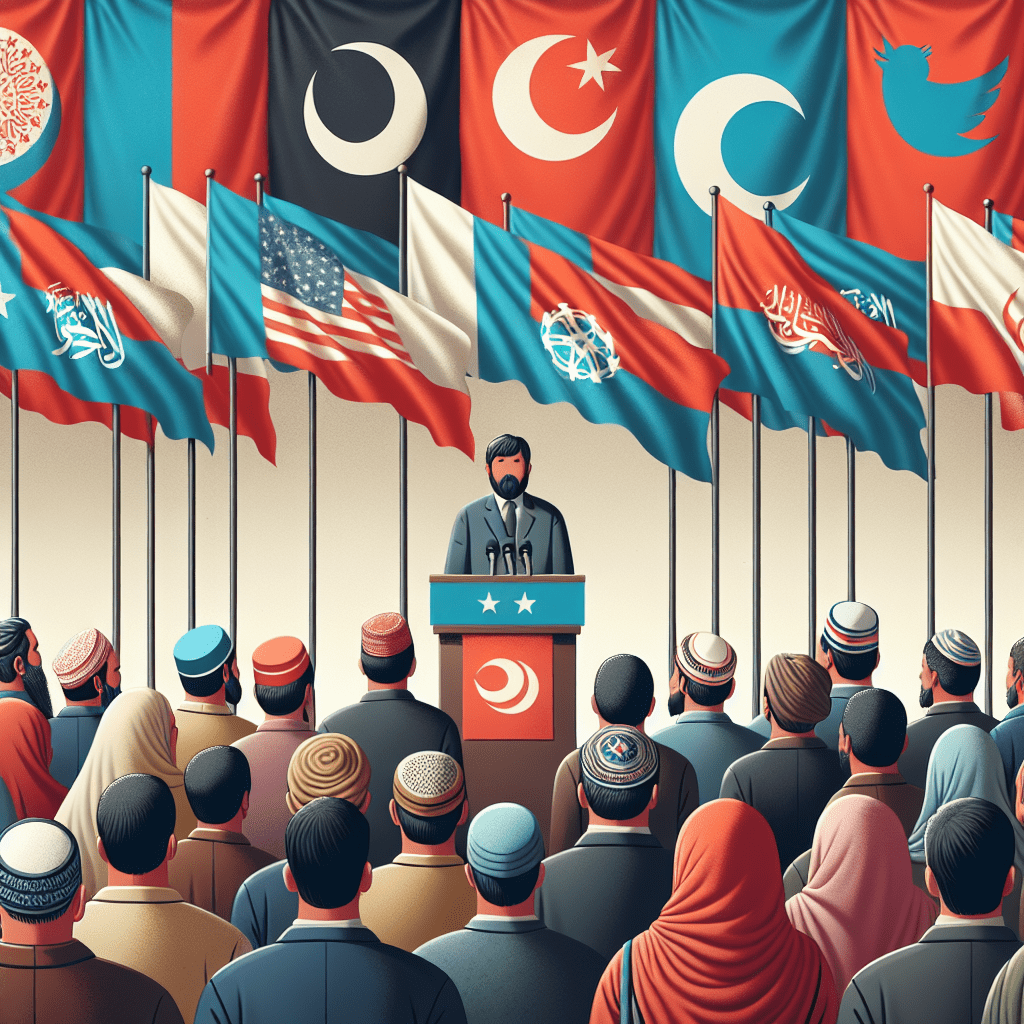The Democratic Unionist Party: An Overview of Its History, Policies and Influence in Northern Ireland Politics
The Democratic Unionist Party (DUP) stands as one of the key political parties in Northern Ireland. Founded by the late Reverend Ian Paisley, it has been a significant player in the tumultuous politics of the region for decades. Known for its staunch unionist and protestant conservative ethos, the DUP has often been the representative voice for many who wish to maintain Northern Ireland’s status as part of the United Kingdom. This article delves into the origins of the party, its central policies, its role in the Northern Ireland peace process, and the contemporary political climate in which it operates.
Founding and Political Evolution of the DUP
Since its inception in 1971, amidst the height of The Troubles—a period of conflict in Northern Ireland—the DUP has grown from a fringe party to become one of the major parties representing unionism. The party was formed as a hardliner alternative to the more moderate Ulster Unionist Party (UUP), with an agenda that emphatically rejected any form of Irish nationalism or republicanism, claiming to defend Protestant demographic.
Ian Paisley, renowned for his firebrand style of political rhetoric, emphasized both political and religious conservativism. This dual-focus resulted in strong support from working-class Protestants who felt alienated by mainstream unionism and threatened by the rise of Irish nationalist sentiment.
Over time, the DUP shifted from being staunchly oppositional to any form of power-sharing with Irish nationalists to becoming a key stakeholder in the evolving democratic framework. The Good Friday Agreement of 1998 marked a pivotal moment, and despite initial resistance from within its ranks, the DUP eventually committed to the devolved government system it created.
Policy Stance and Beliefs
The DUP’s policies have consistently supported Protestant values and rights. It advocates for Northern Ireland remaining part of the UK and seeks to uphold British sovereignty against any form of Irish unification initiatives. In social matters, members have traditionally taken conservative stances, often opposing same-sex marriage, abortion, and advocating for ‘traditional family values’. Indeed, a strong sense of community and respect for Northern Irish heritage remains at the core of their message.
Economically, while historically espousing free-market principles, welfare provisions specific to Northern Ireland’s unique circumstances are frequently underpinned by DUP policy frameworks. Education and healthcare thus carry an added dimension of advocating for adequate state support in areas disproportionately affected by past conflicts.
In response to Brexit, the DUP campaigned against remain proposals citing sovereignty concerns but faced criticism for its handling of the Northern Ireland Protocol negotiations as realities of a border in the Irish Sea conflicted with unionist principles.
The Peace Process and Power-Sharing Arrangements
Navigating through one of Europe’s most notable modern peace processes, the DUP initially stood against accords such as the Good Friday Agreement due to fears that they conceded too much to nationalist aspirations. However, as years passed and the political landscape evolved with former foes entering governmental institutions together, so did individual positions within the party.
Famed for its participation in power-sharing governments post-Good Friday Agreement – most notably with rivals Sinn Féin – DUP leaders like Peter Robinson and Arlene Foster have served terms as First Ministers within Northern Ireland’s devolved legislative assembly at Stormont.
These complex collaborations have oscillated between success and deadlock, with disputes around cultural symbols, language rights for the Irish-speaking community or historical investigations into Troubles-related crimes often resulting in prolonged political frictions.
The Current State of DUP Politics and Challenges Ahead
Recent years have presented fresh challenges for the DUP concerning leadership transitions and strategical directions. Electoral performance has shown fluctuation amidst rising discontent on issues like Brexit implementation and domestic social policy engagement.
Moreover, generation shifts within its voter base point toward pressures balancing traditional policy anchors with the inevitability-charged needs of young unionists – ensuring sustainability remains an ongoing storyline facing contemporary DUP leadership circles.
Notes
Image description: A political rally featuring flags with the Democratic Unionist Party (DUP) logo. In the foreground is a crowd of people listening attentively to a speaker who is partly visible behind a podium marked with the insignia of DUP.

